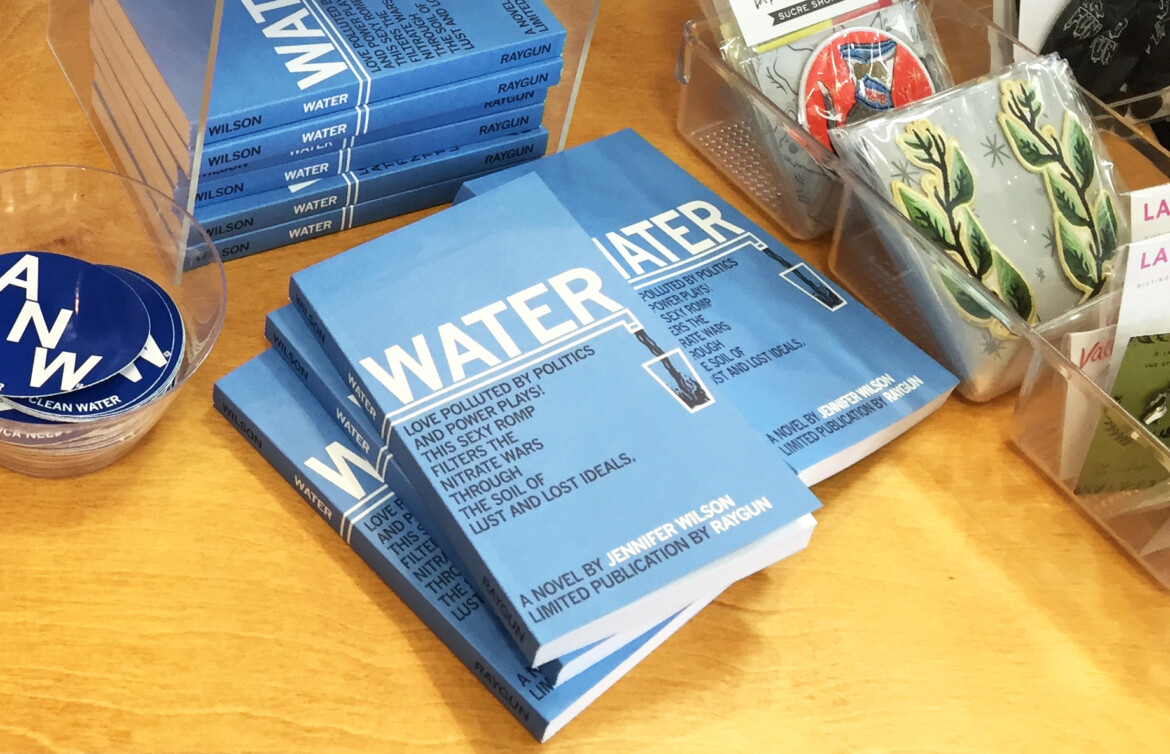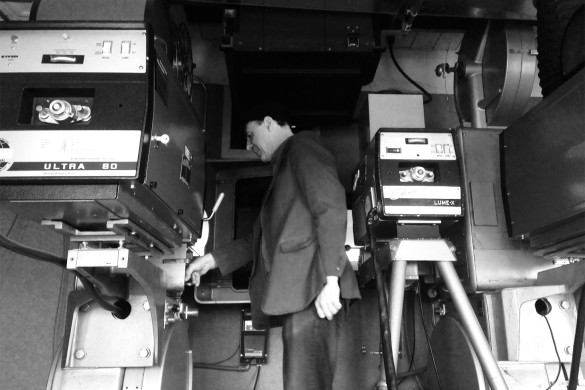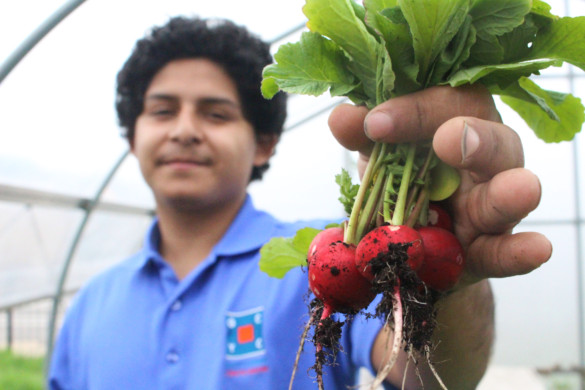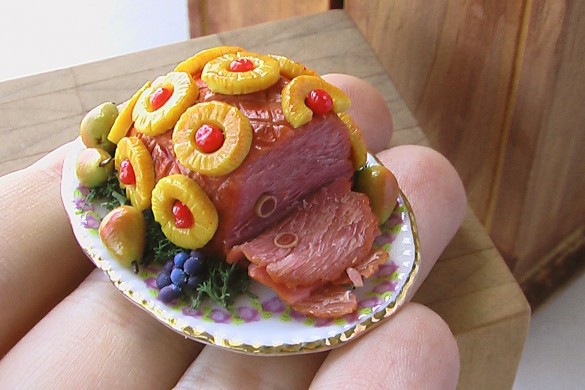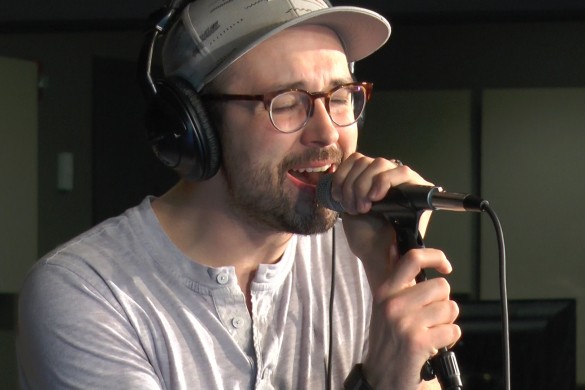Urban Plains sat down with Jennifer Wilson, author of the new novel “Water,” to learn more about Iowa’s water problem. Photo by Greta Gillen.
Words by Ruth Ronnau
Iowa has a nitrate problem — that much is clear. Frustrated by the lack of media coverage and political attention, journalist and author Jennifer Wilson wrote “Water,” published by Des Moines T-shirt store Raygun. The book explores the environmental and social issues surrounding Iowa’s water and what’s happening to the Iowans drinking it, with a backdrop of a sexy romance that keeps readers engaged.
The protagonist, Freja Folsom, is assigned a water nitrate story as a last-ditch effort to save her journalism career. A politics writer at a fictitious Des Moines newspaper, Freja has no interest in covering the nitrate problem. But when she finds out that she might be laid off, Freja does what her editor tells her to in an attempt to keep her job in the next round of budget cuts. The audience follows Freja as she learns more about what’s at stake for Iowans and how important it is to keep Iowa’s drinking water clean. Urban Plains talked to Wilson for a deeper look into “Water” and her inspiration behind it.
Interview has been edited and condensed.
Urban Plains: So you’ve been following the water issue in Iowa for a while. Why?
Jennifer Wilson: I like when there’s a common place for us all to stand at the middle of somewhere. Conservationists, environmentalists, hunters, fishers and fishermen, they all have a place to stand in protecting that habitat. We all need water to survive. … That’s also why I chose a love story, because it’s pretty much the two things your body needs, to be loved and to stay hydrated. [laughs] There’s no argument with that.
UP: At the beginning of the novel, Freja doesn’t want to write this story and fights her editor on it. Do you think that’s because reporters are struggling to write about this complicated issue and that’s why people don’t care?
JW: I used to have an editor who would constantly say, “Environmental stories are sleep aids; avoid them at all costs.” That mindset shows up here; it’s why I felt like I had to talk the reader into the same thing I have to talk Freja into. It might seem boring on the surface. There’s lots of drama beyond our initial reluctance toward the science of it, and I think she finds that pretty quickly.
UP: How did you balance writing about the water issue in Iowa when all the issues Freja looked into were fiction?
JW: Mostly, I was trying to give people a science lesson: “This is how water comes to your tap.” I wanted to start teaching people the process of how it gets to us. That’s a pretty complicated science lesson to give people. We even have pictures to show for it. That’s what Mike Draper [owner of Raygun] brought to the table. He was very adamant that the novel would be illustrated.
UP: With the water crisis in Flint, Michigan, when do you think the U.S. will take additional action on this issue?
JW: It’s almost like we don’t worry about things until it gets so important we can’t avoid it. I don’t know if it’s going to take a Flint situation in Iowa for us to pay attention. But I worry that it will. That’s kind of a pessimistic answer. I’m not that pessimistic about it, but it’s my worry. It’s the worry that got me up at 5 a.m. every day to write a novel about the issue, to try to help people understand better about how complicated this is and how much time and money it’s going to take to fix.
UP: In your novel, Freja and a lot of the other Iowans are optimistic that Iowans can change and grow. Why do you think that is? Do you think that’s specific to Iowa?
JW: In the book, any time someone spoke out, spoke their mind or took a stand from a place of knowledge, things happened. It’s time for some very bold talk from people who know what the hell they’re talking about. And I think change must happen.
I want to see change happening from within. And I know that we have it in us. I’m impatient by nature so I’m anxiously awaiting the Legislature, which is arguing about water politics right now. We’ve got a lot here that’s still salvageable, but not unless there’s standing up and talking about the real issue.
UP: Do you think it was necessary to add the love story?
JW: Oh, hell yeah. I would never pick up a book personally that was just about an environmental controversy. I wasn’t going for the audience that already cares about this topic; I was going for the broader audience who doesn’t talk about water quality because maybe it’s not something that’s easy for them to understand. I was going for the people who weren’t already following it in the news. The broadest brush a writer can use is a love story.
UP: How did you and Raygun come together to publish “Water”?
JW: I didn’t want the slow publishing process that I’ve always been accustomed to. I knew we had a legislative session coming up, the caucuses were on their way, and I wanted to deliver the news points quickly in a palatable way. I immediately thought of Raygun as a unique publishing venue. We had talked on and off about some sort of publishing project through the years, but this one just immediately clicked. I think it was probably 30 seconds before we were shaking hands and laughing and coming up with ideas.

